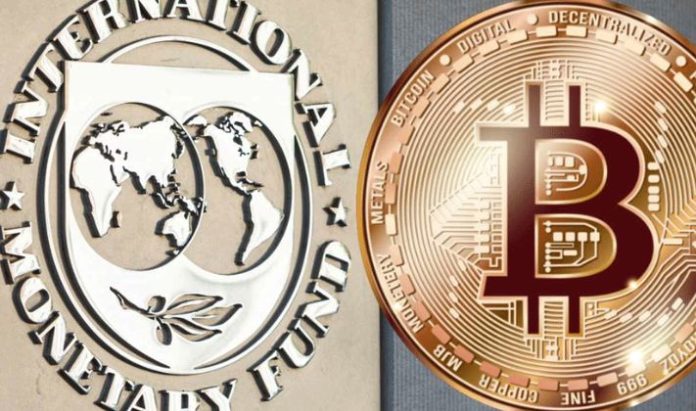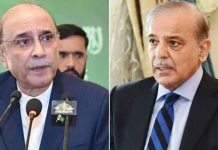ISLAMABAD, MAY 31: The International Monetary Fund (IMF) has expressed serious concern over Pakistan’s recent announcement to allocate 2,000 megawatts of electricity for cryptocurrency mining and artificial intelligence data centres as virtual talks between the two sides continue amid sensitive budget talks.
The IMF’s reservations come days after Pakistan unveiled its first strategic Bitcoin reserve during the Bitcoin Vegas 2025 conference, signalling an ambitious pivot towards digital finance.
Speaking at the event, Bilal bin Saqib – crypto adviser to Prime Minister Shehbaz Sharif – said the country had launched a national Bitcoin wallet and committed significant energy resources to support the digital asset ecosystem.
“Our youth are online and on-chain. Pakistan, with over 40 million crypto wallets and an average age of 23 years, is now being recognised for its future rather than its past,” Bilal bin Saqib told the international audience.
RELATED: Pakistan launches nation’s first strategic Bitcoin reserve
He added that the initiative would open doors for autonomous miners, technology firms, and blockchain companies to invest in Pakistan.
IMF raises red flags over electricity allocation
The announcement, however, has triggered a strong response from the IMF, which has reportedly sought urgent clarification from the Finance Ministry over the legality of the move and the electricity allocations—especially as the country faces chronic energy shortages and fiscal constraints.
According to sources in the Finance Ministry, the IMF has not been taken into confidence over the decision and has raised questions about the legal status of cryptocurrencies in Pakistan. The government has yet to provide a formal policy framework or respond to the IMF’s concerns over power tariffs and resource distribution.The IMF representative, when asked to comment, declined to provide an immediate response. However, sources familiar with the matter said the Fund has reiterated that all policy steps under the Extended Fund Facility (EFF) must be undertaken in consultation with it.
“There is a fear of further tough talks from the IMF on this initiative,” an official involved in the negotiations told Dawn. “The economic team is already facing stiff questions, and this move has only added to the complexities of the ongoing talks.”
The IMF delegation, currently engaged in virtual talks with Pakistani officials, is expected to hold a separate session focusing specifically on the government’s plan to provide electricity for Bitcoin mining and AI-related data centres.
Pakistan digital asset authority formed
The policy decision is part of a broader government strategy to integrate digital assets into the national economy. A cornerstone of this plan is the creation of the Pakistan Digital Asset Authority (PDAA), approved by the Finance Ministry on May 21.
The PDAA is tasked with regulating crypto exchanges, wallets, stablecoins, and decentralised finance (DeFi) platforms. It will also oversee the tokenisation of national assets and debt, aligning the country’s crypto policies with international standards such as those set by the Financial Action Task Force (FATF).
Global Investors Urged to Join Pakistan’s Digital Shift
“The PDAA is a critical step in protecting global investors and formalising Pakistan’s role in the digital economy,” Bilal bin Saqib noted at the conference, urging the global tech community to “come and invest” in Pakistan’s growing ecosystem.
The event drew international attention and was attended by prominent figures, including US Vice President JD Vance and former President Donald Trump’s sons Eric Trump and Donald Trump Jr., who were recognised for their diplomatic engagement on regional matters.
While the move has generated optimism among tech enthusiasts and crypto investors, the Finance Ministry has so far refrained from issuing an official statement. Sources say the ministry is treading carefully, given the IMF’s concerns and the absence of a legal framework for cryptocurrencies in Pakistan.

















